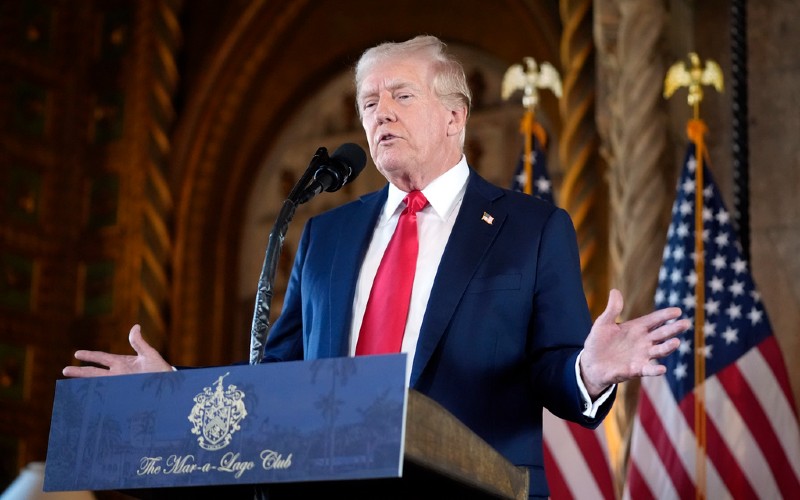The Ivy League school in upper Manhattan was roiled this year by student demonstrations, culminating in scenes of police officers carrying zip ties and riot shields storming a building that had been occupied by pro-Hamas protesters. Similar protests swept college campuses nationwide, with many leading to violent clashes with police and thousands of arrests.
The announcement also comes just days after the school confirmed that three deans had resigned after officials said they exchanged disparaging texts during a campus discussion about Jewish life and antisemitism.
Shafik was also among the university leaders called for questioning before Congress earlier this year. She was heavily criticized by Republicans who accused her of not doing enough to combat concerns about antisemitism on Columbia’s campus.
Shafik, who began the role in July last year, announced her resignation in an emailed letter to the university community just weeks before the start of classes on Sept. 3. The university on Monday began restricting campus access to people with Columbia IDs and registered guests, saying it wanted to curb “potential disruptions” as the new semester nears.
In her letter, Shafik heralded “progress in a number of important areas” but lamented that during her tenure it was "difficult to overcome divergent views across our community.”
“This period has taken a considerable toll on my family, as it has for others in the community,” she wrote. “Over the summer, I have been able to reflect and have decided that my moving on at this point would best enable Columbia to traverse the challenges ahead.”
Pro-Hamas protesters first set up tent encampments on Columbia's campus during Shafik’s congressional testimony in mid-April, where she denounced antisemitism but faced criticism for how she'd responded to faculty and students accused of bias.
As the protest rolled on for weeks, the school was thrust into the national spotlight. Republican House Speaker Mike Johnson showed up to denounce the encampment, while Democratic Rep. Alexandria Ocasio-Cortez came to support it.
On Wednesday, Johnson said Shafik's resignation was “long overdue” and should serve as a cautionary example to other university administrators that “tolerating or protecting antisemites is unacceptable and will have consequences.”
University of Pennsylvania President Liz Magill resigned in December after less than two years on the job amid pressure from donors and criticism over testimony at a congressional hearing where she was unable to say under repeated questioning that calls on campus for the genocide of Jews would violate the school’s conduct policy.
And in January, Harvard University President Claudine Gay resigned amid plagiarism accusations and similar criticism over her testimony before Congress.







